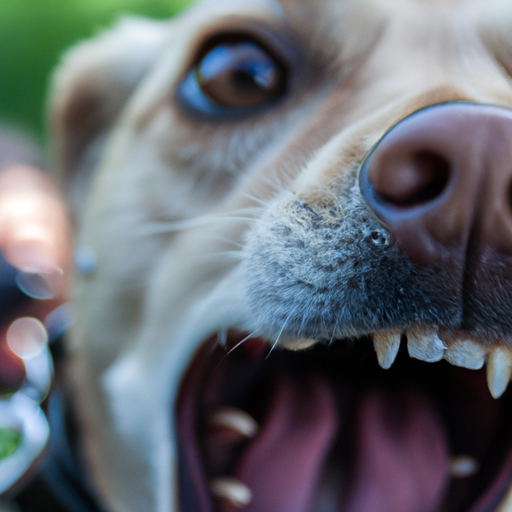Understanding Your Furry Friend’s Dental Health
The condition of your dog’s dental health can be a silent indicator of their overall well-being. You’ve noticed your dog’s teeth turning brown, and your instincts as a caregiver are probably telling you that something’s not quite right. That’s your cue to dig deeper.
Brown teeth in dogs can be caused by a variety of factors, from normal aging to more serious health concerns. It’s essential for you, as a responsible pet parent, to understand what might be causing this discoloration, and how you can help your furry family member maintain a healthy and happy smile.
The Common Causes of Brown Teeth in Dogs
There are several reasons your dog’s teeth might be turning brown:
- Plaque and Tartar Buildup: This is the most common reason for brown teeth in dogs. Plaque is a sticky film that coats the teeth and, if not removed, can harden into tartar.
- Diet: Certain foods, particularly those high in carbohydrates and sugars, can contribute to plaque buildup.
- Age: Just like in humans, a dog’s teeth can darken with age.
- Disease: Certain diseases, like periodontal disease, can cause discoloration and other dental issues.
How to Prevent Brown Teeth in Your Dog
Prevention is always better than cure. Here are a few steps you can take to keep your dog’s teeth white and healthy:
- Regular Brushing: Brush your dog’s teeth daily with a dog-friendly toothpaste.
- Healthy Diet: Feed your dog a balanced diet and avoid giving them sugary treats.
- Regular Vet Checks: Regular dental check-ups can help spot and prevent any potential dental issues.
Treatment Options for Brown Teeth in Dogs
If your dog’s teeth are already brown, it’s not too late. There are several treatment options you can discuss with your vet, including:
- Professional Cleaning: This is the most effective way to remove plaque and tartar from your dog’s teeth.
- Extractions: In severe cases, it may be necessary to extract the affected teeth.
When to Seek Professional Help
If you’re noticing brown spots on your dog’s teeth, it’s always a good idea to seek professional help. Brown teeth could indicate a serious dental disease that can lead to other health problems if left untreated. Your vet can provide an accurate diagnosis and recommend the best course of treatment.
FAQs
Q: Can I use human toothpaste to brush my dog’s teeth?
A: No. Human toothpaste can be harmful to dogs. Always use a toothpaste designed specifically for dogs.
Q: How often should I brush my dog’s teeth?
A: Ideally, you should brush your dog’s teeth daily. However, if that’s not possible, aim for at least three times a week.
Q: Do chew toys help with dental health?
A: Yes, certain chew toys can help reduce plaque and tartar buildup. However, they should not replace regular brushing and professional cleanings.
Q: Can brown teeth affect my dog’s overall health?
A: Yes, untreated dental issues can lead to serious health problems, including heart, kidney, and liver disease.
Q: When should I start worrying about my dog’s dental health?
A: It’s never too early to start caring about your dog’s dental health. Regular dental care should start when your puppy is just a few months old.



